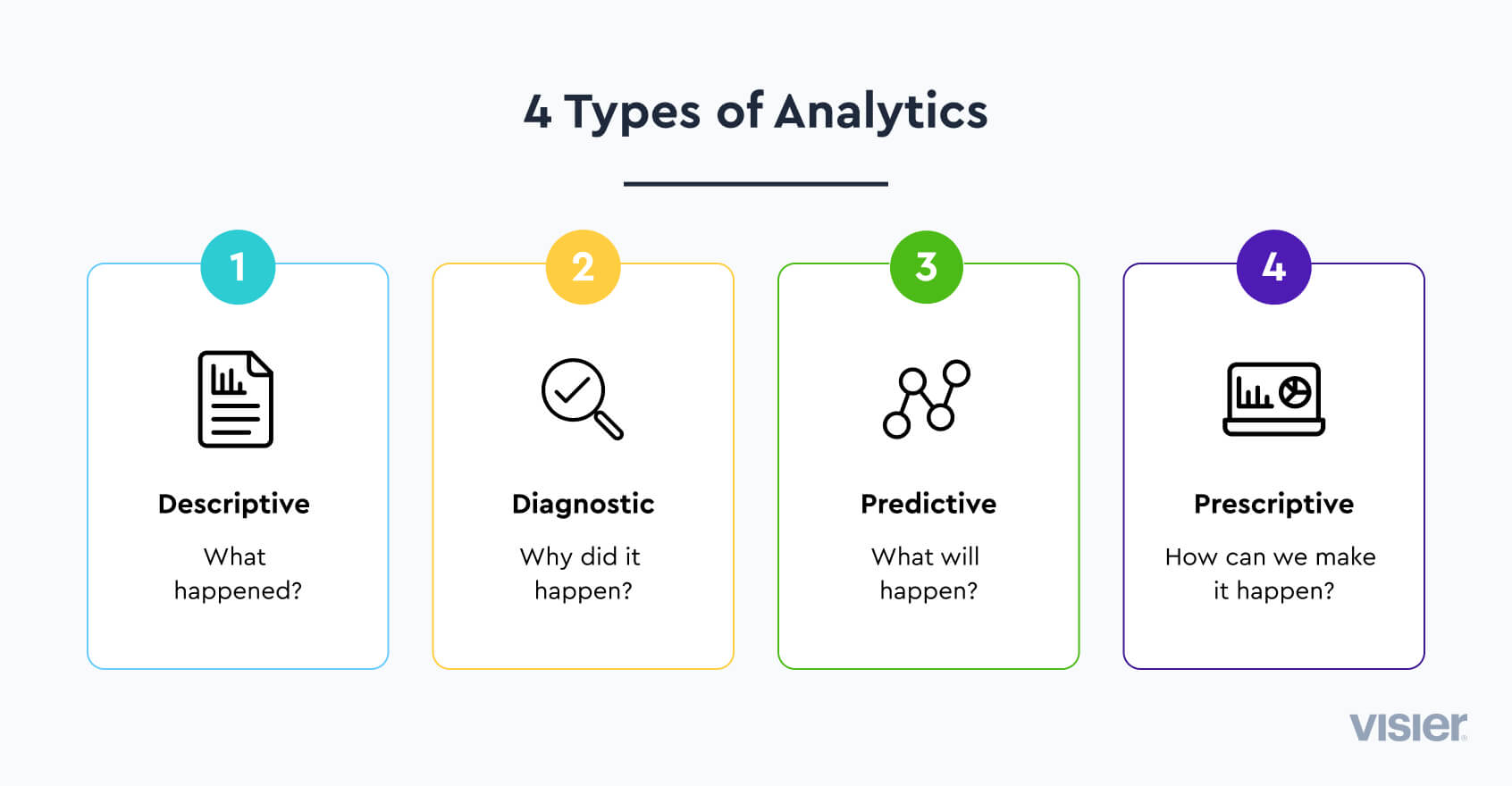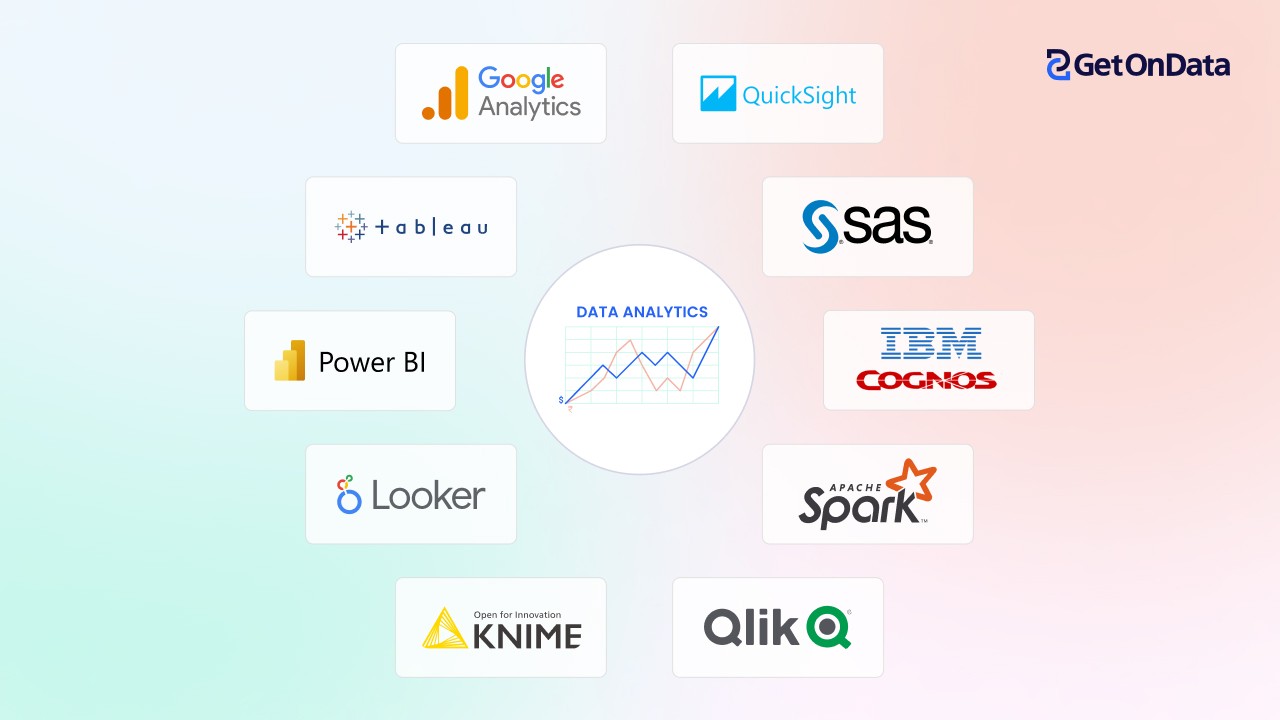Take Full Advantage Of Growth: How Analytics Drive Better Approaches
In today's data-driven landscape, companies progressively acknowledge the critical duty of analytics in forming effective growth strategies. By harnessing data understandings, businesses can refine their operational methods, prepare for market adjustments, and boost customer involvement. The obstacle lies not just in accumulating information but in effectively translating it to drive substantial outcomes. As we discover the key benefits and methodologies connected with analytics, an important question arises: how can organizations guarantee they are leveraging these understandings to unlock their full capacity? The answer may redefine the future of critical planning.
Understanding Information Analytics
Information analytics is an organized computational evaluation of data that makes it possible for organizations to discover purposeful patterns and understandings. This procedure includes a range of methods, including analytical evaluation, predictive modeling, and information mining, which jointly intend to change raw information into actionable details - Analytics. By using these methods, companies can make informed decisions that are rooted in empirical evidence instead of intuition alone
The structure of information analytics lies in its capability to deal with huge amounts of information from diverse resources. This consists of structured data, such as databases, and unstructured information, including social networks interactions and customer responses. Through making use of specialized software application and tools, experts can draw out and process this information effectively, recognizing trends and relationships that might not be immediately obvious.
Comprehending information analytics additionally includes identifying the importance of information top quality and integrity. Reliable and precise information is crucial for meaningful analysis; hence, companies need to implement durable data administration methods. Additionally, the iterative nature of analytics enables continual improvement and improvement of methods, ensuring that companies stay nimble when faced with altering market dynamics and customer behavior.
Secret Benefits of Analytics

One of the vital benefits of analytics is its capacity to offer actionable insights. Organizations can quickly evaluate large quantities of data, uncovering patterns that might not be right away apparent.
Another substantial advantage is boosted client understanding. Analytics devices allow services to section their audience, track customer habits, and personalize marketing initiatives. This targeted strategy not just boosts client engagement but likewise drives greater conversion prices.

Implementing Analytics Techniques
To fully recognize the benefits of analytics, companies have to adopt structured techniques for execution. This begins with plainly specifying goals that straighten with wider service objectives. By establishing particular, measurable results, organizations can concentrate their analytics initiatives on areas that generate the greatest return on investment.
Next, organizations must prioritize information governance to ensure the integrity and security of visit this page the data being Find Out More examined. This entails establishing methods for information collection, storage space, and accessibility while adhering to pertinent laws. Making certain premium data is important for generating purposeful insights.
In addition, fostering a society of data-driven decision-making is necessary. This needs training workers to translate analytics findings and encouraging cooperation across divisions. When teams recognize the value of analytics, they are a lot more likely to incorporate insights right into their daily operations.
Lastly, organizations ought to consistently assess and improve their analytics methods. The landscape of data and modern technology is continually progressing, and staying adaptable will certainly enable companies to leverage new tools and approaches effectively. By implementing these organized methods, organizations can take full advantage of the influence of their analytics campaigns and drive sustainable growth.
Tools for Effective Evaluation
Efficient analysis counts on a range of tools that facilitate the extraction of understandings from information - Analytics. These tools can vary from easy spread sheet applications to innovative equipment learning platforms, each serving a distinct objective in the analytical procedure
Data visualization software, such as Tableau and Power BI, plays a crucial function in transforming complicated datasets right into understandable visual representations. These devices make it possible for experts to identify patterns and trends swiftly, permitting more enlightened decision-making.
Analytical analysis software application, like R and SAS, offers advanced abilities for carrying out comprehensive evaluations, consisting of regression, hypothesis testing, and anticipating modeling - Analytics. These functions equip organizations to attract meaningful final thoughts from their information, recognizing prospective opportunities and threats
Moreover, database monitoring systems such as SQL and NoSQL databases offer the necessary framework for saving and inquiring big quantities of data effectively. They make sure that information is arranged and available for evaluation.
Last but not least, organization knowledge systems incorporate different data sources, giving a comprehensive view of organizational performance. By utilizing these tools properly, services can improve their logical capabilities, allowing them to establish approaches that make the most of growth and enhance overall performance.
Study of Success
Effective companies often leverage data analytics to drive impactful strategies, as shown by a number of noteworthy study. One noticeable instance is Netflix, which uses advanced formulas to examine audience preferences and behavior. By using these insights, Netflix has successfully tailored its content referrals, resulting in increased user engagement and customer retention. Their data-driven technique has definitely added to their status as a leading streaming solution.

Furthermore, Starbucks uses data analytics to figure out optimum shop places and improve its product offerings. By checking out consumer demographics and buying patterns, Starbucks successfully determines high-potential markets and customizes its menu to neighborhood preferences, driving sales and consumer commitment.
These study illustrate that efficient usage of information analytics can bring about critical advantages, fostering innovation and growth within companies throughout different sectors.
Final Thought
In final thought, the assimilation of analytics right into business methods dramatically enhances decision-making processes and cultivates lasting development. The efficient application of analytics devices additionally sustains agility and development, making it possible for companies to browse competitive landscapes with higher accuracy.
Information analytics is a methodical computational evaluation of information that allows companies to reveal significant patterns and insights.Understanding information analytics also involves recognizing the significance of information top quality and honesty. Precise and trustworthy data is vital for purposeful evaluation; therefore, companies should implement robust data governance techniques.Next, companies must prioritize data governance to ensure the honesty and security of the data being analyzed.Effective companies typically utilize data analytics to drive impactful methods, as evidenced by a number of notable case researches.